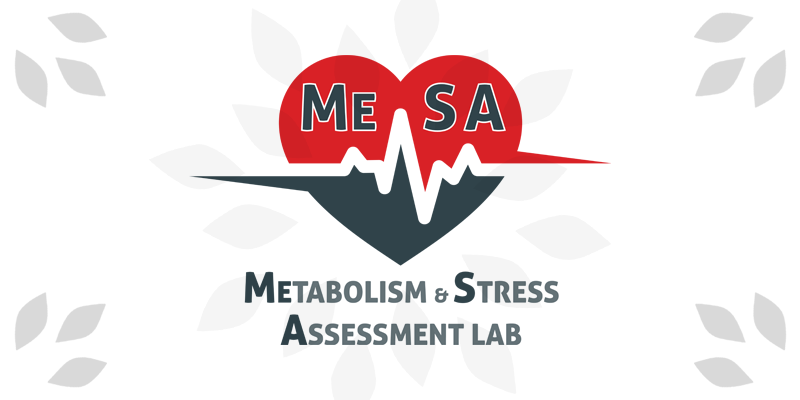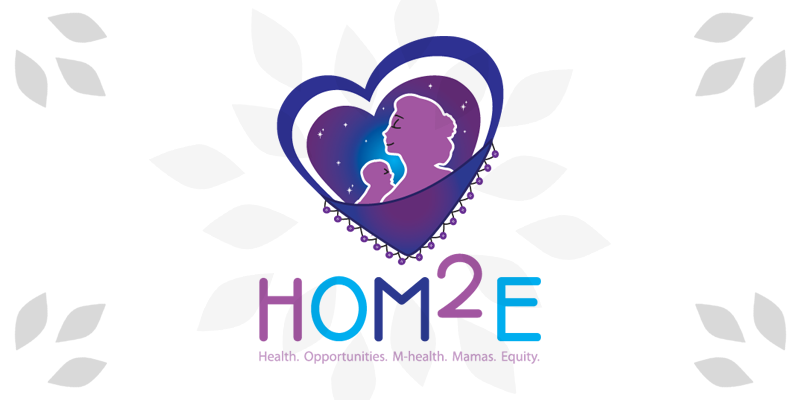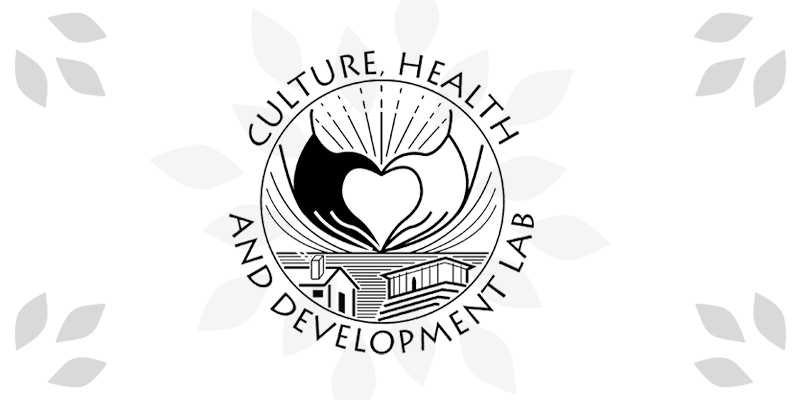
Metabolism and Stress Assessment (MeSA) pilot study
Everyday life stressors and community level burdens have shown to alter brain biology. Psychoendocrinology literature shows compelling evidence that stress-induced changes...
Researchers: Claudia Toledo-Corral, Dr. Yolanda Vasquez-Salgado, Dr. Kacie Blackman, Dr. Thomas Chan

Diabetes risk and ectopic adiposity in minority youth (DREAM) study
The incidence and prevalence of pre-diabetes and type 2 diabetes in adolescents in the USA is increasing, and is disproportionately higher in Hispanics and African Americans.
Researcher: Claudia Toledo-Corral

Maternal And Developmental Risks from Environmental and Social Stressors (MADRES) study
Given the striking health and environmental burdens that the Hispanic and other minority and low-income populations face in California, the MADRES Center focuses on...
Researcher: Claudia Toledo-Corral

Determining the availability and marketing of infant formula and lactation support products
Historically placed social structures, cultural attitudes, and lack of access to practical accommodations, breastfeeding rates are lowest among Blacks (vs. other race/ethnic groups).
Researcher: Kacie Blackman

Augmented Reality Milk Flow
This project evaluates how augmented reality can be used as an intervention while a mother is using a breast pump to express milk. Pumping is necessary to provide nourishment (breast milk in bottle) and to maintain...
Researchers: Kacie Blackman, Jessica Diggs CPM, LM

Evaluating the Quality of Lactation in Higher Education Policies in California
California higher education institutions vary on the information disclosed regarding their lactation policy for employees and students. Differences may include who...
Researcher: Kacie Blackman

Exploring Home-School and Peer-Peer Cultural Value Mismatch Among Latinx First-Generation College Students During the Transition to College
This project was the first to explore the phenomena of home-school – conflict between interdependent family obligations and independent academic obligations, and peer-peer cultural value mismatch...
Researcher: Yolanda Vasquez-Salgado

Predictors and Consequences of Home-School and Peer-Peer Cultural Value Mismatch During the Transition to College
Quantitative measures were devised utilizing participant experiences from our prior qualitative study. These measures were distributed to students from diverse ethnic backgrounds towards the end of their first year of college.
Researchers: Yolanda Vasquez-Salgado

The Causal Impact of Home-School Cultural Value Mismatch on Latinx Students’ Attentional Control During the Transition to College
Knowledge from gained prior studies was leveraged to create a laboratory paradigm that elicits home-school cultural value mismatch and measures whether such mismatch disrupts focused attention...
Researcher: Yolanda Vasquez-Salgado

Socioeconomic and Peer-peer Cultural Value Mismatch, Health and Academic Adjustment Among Dormitory Roommates During the Transition to College
One of the limitations of our prior work on peer-peer cultural value mismatch was that we did not have sociodemographic information of students’ roommates. Thus, we conducted an additional, quasi-experimental design...
Researcher: Yolanda Vasquez-Salgado

Cultural Mismatch, Health and Academic Adjustment Among Latinx Students During the Transition to College
Though enrollment of Latinx students in postsecondary institutions has increased, they continue to hold higher dropout rates than their other ethnic peers. Qualitative, survey and experimental evidence suggests...
Researcher: Yolanda Vasquez-Salgado

CSUN’s response to COVID-19 as it relates to health and wellbeing: A Case Study
Due to COVID-19 on March 11, 2020 the face-to-face operations and instruction at California State University Northridge ceased and required the swift adoption of safer protocols to continue all programming and services, including the delivery of programming that supports student health and wellbeing.
Researcher: Nelida Duran

Exploring COVID-19 perspectives
COVID-19 has disrupted life as we know it in a short amount of time, and as we proceed with absorbing and adapting to our new circumstances, it is valuable to explore the array of COVID-19 perspectives using a diverse set of publicly available information.
Researcher: Lisa Chaudhari

COVID-19 Autoethnography Study
Historical, structural, and institutional forms of racism adversely impact U.S. higher education and continue to impose burdens upon students who have traditionally been marginalized. These burdens ruin the learning experience and threaten academic success. The COVID-19 pandemic has only exacerbated already-existing educational inequities.
Researcher: Jose H. Vargas

A Review of You
Picture your life flashing before you eyes--we use this experience to build life coherence or what Erik Erikson would call ego-integrity in his last stage of psychosocial development. The purpose of this project is to move the needle on mental health and well-being for aging adults.
Researchers: Thomas Chan, Kacie Blackman

